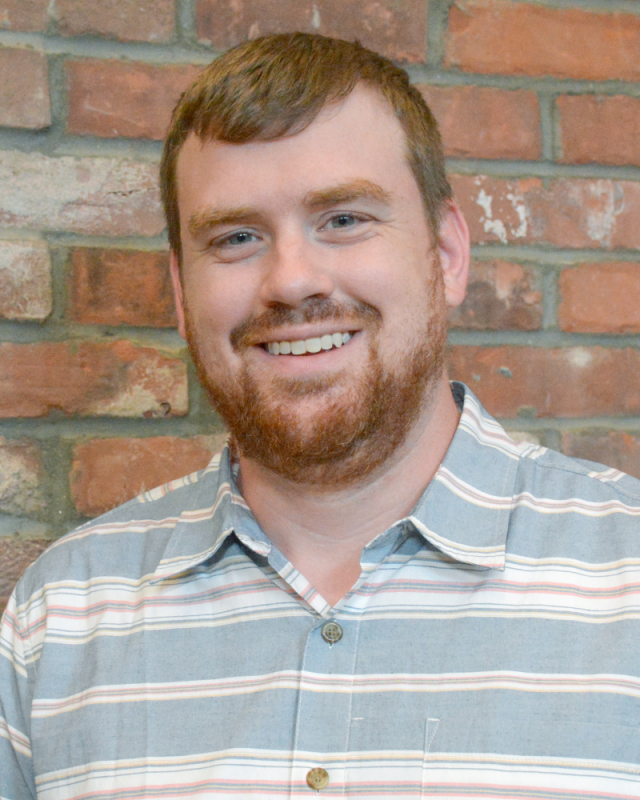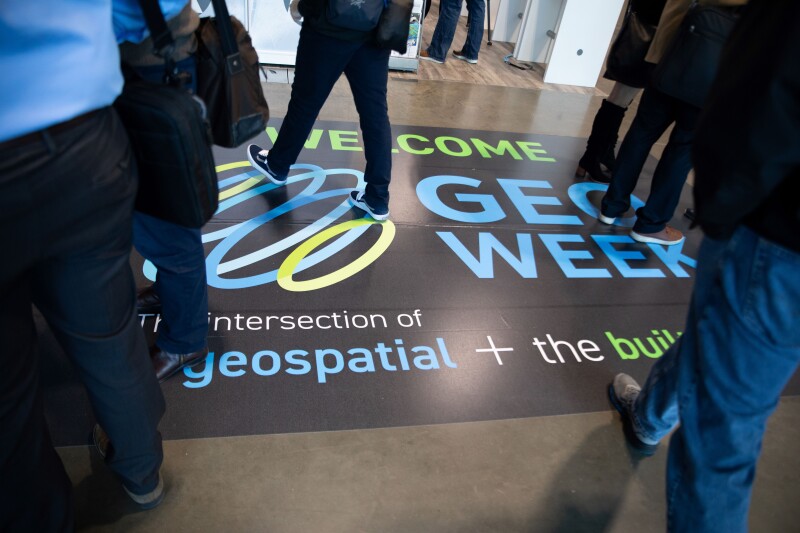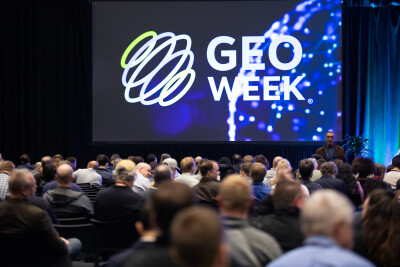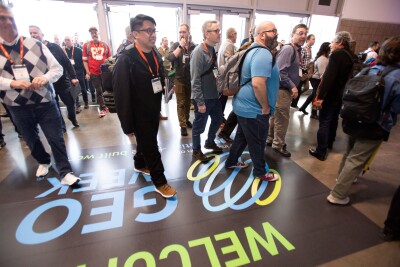We are officially less than a month away from geospatial thought leaders, asset managers, AEC professionals, and more coming together in Denver, Colorado for the annual Geo Week conference and exhibition. Taking place February 10-12, the conference will feature the biggest companies from the industry on the exhibit floor as well as some of the most influential and insightful leaders from the sector throughout the conference program, promising an opportunity for those in the industry to both network with their industry colleagues and stay on the cutting-edge of this constantly evolving space. Registration for this year’s event is still open, and you can claim your spot here.
Geo Week’s coverage is so expansive that it can be hard to narrow down the entire conference program, spanning all three days of the event, into a concise description. There are sessions covering various different industry, targeted at a variety of positions and job titles, and featuring both high-level education and in-the-weeds case studies. With that challenge in mind, here are five big questions that attendees of this year’s Geo Week will have answered over the course of three days.
How are leaders working with multiple datasets to complete complex projects?
Something we’ve heard constantly over the course of the last year is that we are officially in an era where professionals can relatively easily combine various datasets to construct more viable and complete models than ever before. It’s always been true that the best way to create a 3D model of a complex area is to combine data from a variety of sensors – think combining a handheld mobile scanner with data from a terrestrial scanner, UAV-based scanner, and RGB imagery, for example – but actually doing so is easier said than done. Now, with sensors improving and artificial intelligence powering more flexible software, it’s becoming possible for even mid-sized firms to take advantage of all of these different tools on a simple target.
However, hearing that is possible is different than actually putting these workflows into action, and the easiest way to get that vision is often hearing real-world case studies about how firms and organizations are thinking about and working with all of this disparate data. Geo Week 2025 is filled with these kinds of case studies. Both keynotes, being held on Monday and Tuesday, will be diving into this for large-scale projects, and the rest of the week is also filled with examples and chances to hear from those who are doing this work, giving attendees a chance to hear about these successes as well as challenges that arise and best practices to follow.
How Viable are NeRFs and Gaussian Splats?
In a similar vein, radiance fields have been capturing the imaginations of those working with 3D models and scene creations, and specifically NeRFs and Gaussian Splats have been dominating the conversations. Both of these techniques are relatively new, with the latter having only been introduced less than two years ago, and there are a lot of questions about them. Everyone agrees they are extremely cool and potentially powerful, but it’s unclear whether or not they are currently ready for mainstream usage in professional workflows.
Geo Week 2025 will help answer these questions for individuals. The truth is that this answer will be different for everybody, which makes it even more important to stay informed and make sure that your type of work is going to benefit from this technology as it stands today. This year’s conference program includes one session dedicated specifically to this technology, and you can be sure that these techniques will be mentioned throughout the week, both in terms of what they can do today as well as – arguably more importantly – what they are not quite ready for.
Where are we on the digital twin evolutionary life cycle?
Many within the AEC and geospatial realms have been hearing about digital twins for years at this point and have witnessed the life cycle of the term. It wasn’t all that long ago that people were using “digital twin” as a buzzword without much tangible value behind it, for example. Today, we’re certainly past that point, but there is still some confusion about what is possible with digital twins today and how those in the industry are using these tools.
This year’s program features a number of sessions looking at digital twins from all angles, focusing on reality capture’s base for the tools, how they’re used in operations, specific industries’ usage of digital twins, and how large-scale options are starting to emerge. If you have questions about how you can leverage digital twins, there’s surely a session that will help you get that answer.
How do we think about the democratization of surveying?
One of the common themes those in the surveying industry have heard in recent years is the “democratization” of their industry. A traditionally complex and technology-heavy sector, surveying has seen a number of innovations over the last few years that have sought to make tools more accessible for those with less training. On the surface, this would seem like a good thing, but there are ramifications for these developments, both for surveyors who spent the time to be fully trained and certified and those paying for services that might not be getting the trained expertise they thought. Geo Week attendees will hear about some of this debate, as well as the cost of not getting the best survey possible.
How are the most cutting-edge AEC firms operating?
The AEC industry is dealing with problems to which they are no strangers, but those that are still plaguing the sector. They are dealing with increasing demand with a shortage of workers, all with margins that are still as small as ever. Now, though, the industry is far past their days of being technological laggards, and are looking to harness tools to the best of their abilities. Firms that are still looking for best practices and curious about how the top firms are thinking about today’s problems will have plenty of opportunities at Geo Week to hear about how the biggest firms around the world are thinking about technological implementation and hearing real-world examples of how they are going through with this implementation.
★★★
Do these questions resonate with you? Make sure to register for your spot at Geo Week 2025, with early bird pricing running through January 17.






